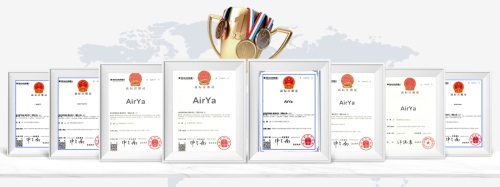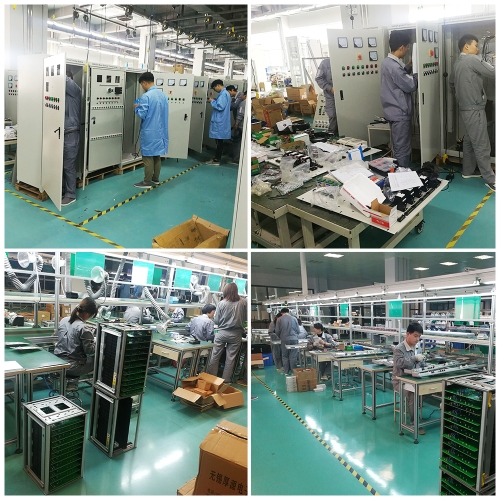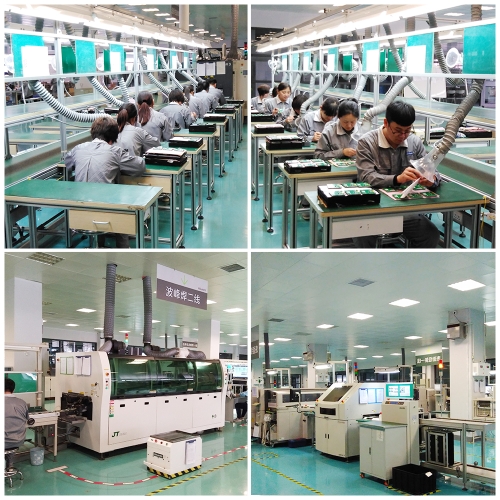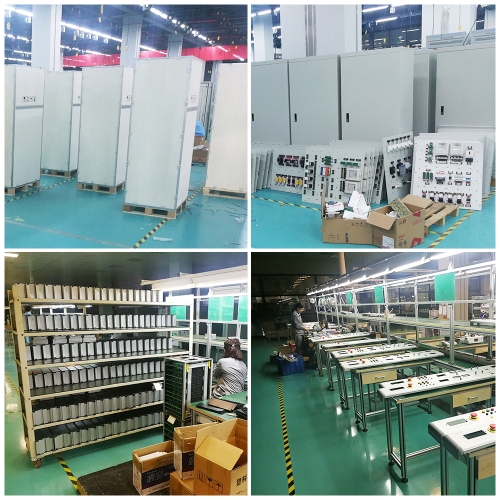AFF045 Losses in Pipes Elements Educational Equipment Vocational Training Hydrodynamics Experiment Apparatus
Learning Objectives / Experiments
different methods of differential pressure measurements
influence of pipe diameters, different materials and surface roughness
effect of the flow velocity
pressure loss in pipe bends, pipe angles and segment bends
pressure losses in crosssection changes
determination of resistance coefficients
valve characteristics of various valves and fittings
comparison between experiment and calculation

Specification
[1] investigation of the pressure losses in pipe elements
[3] ten different pipe sections
[4] measurement of pressure losses in valves, changes in pipe direction, straight pipes, contraction/enlargement or parallel lines
[5] selection of pipe sections via hose connections with quickrelease coupling
[6] operation via mains water network or in a closed circuit
[7] flow measurement with rotameter
[8] pressure sensor in annular chambers
[9] differential pressure measurement with differential pressure meter or twin tube manometers or 6 tube Manometers

Technical Data
Pipe sections, length: 1000mm
straight, Cu, diameter: 18x1mm,
straight, galvanised steel, diameter: ½"
straight, PVC, diameter: 20x1,5mm,
straight, PVC, diameter: 32x1,5mm
section with segment bend, pipe angle, pipe bend
gradual/sudden enlargement in diameter: from 20 to 32mm
gradual/sudden contraction in diameter: from 32 to 20mm
dual line, PVC, diameter: 20x1,5mm

Measuring ranges
flow rate: 0...1600L/h
Differential pressure:
differential pressure meter: 0...2000mbar
twin tube manometer: 1000mmWC
6 tube manometers: 340mmWC
Dimensions and Weight
LxWxH: 2250x760x1800mm
Weight: approx. 127kg




